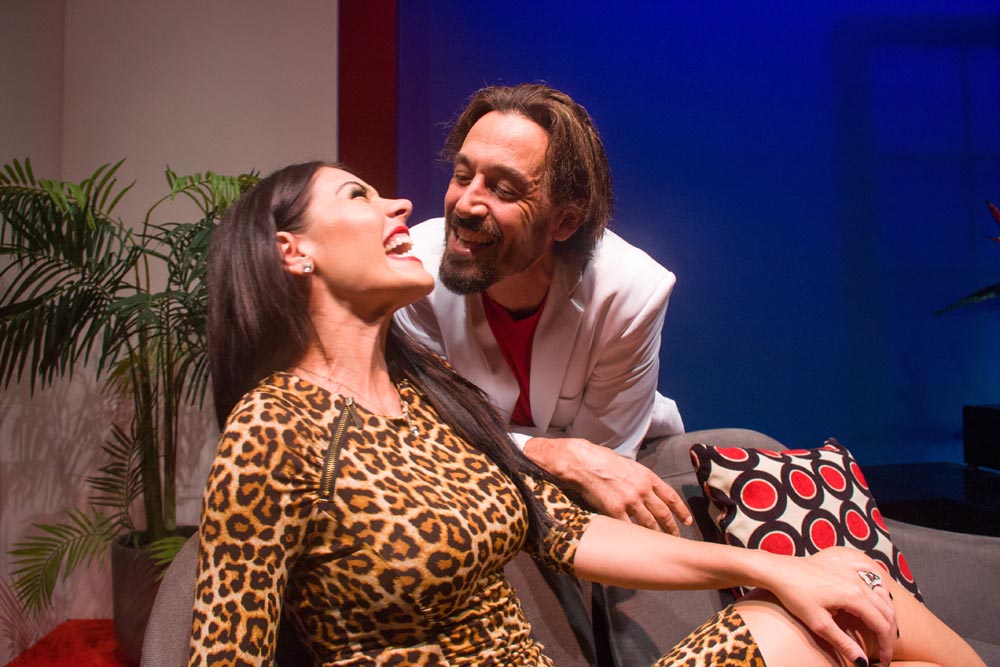[Updated 28 September 2015]
24th Street Theatre does exceptional work in arts education, outreach, and after school programs with a special focus on its underserved neighborhood next to USC. It has also produced plays over the years with mixed results. Since 2012, it’s production arm deliberately shifted to “Theatre for Young Audiences” (TYA) and things have frankly gone downhill. ‘Roma al final de la via’ landed with a thud, ‘Nearly Lear’ was passable but far short of the hype. I did skip the Dead Grandma show that ran for months and toured to good reviews. The program purports despite its name to bring sophistimacated work to all ages. This is strange since there are plays from antiquity to the modern day that do exactly that and in front of broad demographics. Rather, TYA seems to be a newish industry with international conferences, showcases, and a substantial caste of arts MBAs overseeing hookups between a cadre of authors and producers. There’s even a white paper on the topic aggressively titled, “Does Youth Theater Really Have to Be So Pandering and Simple-Minded?” It’s an interesting read but only for the subtext.
‘Man Covets Bird’ by Finegan Kruckemeyer, a prolific 34 year old Irish Australian, is a wan rehash of the Up With People, Free to be You and Me swill some of us were fed in the ’70s and ’80s. Live your heart, open your dreams, follow your laugh, dance your dissertation, live in an ice cream van down by the river. Two beardy emerging artists from from your locally-owned, fair-trade, carbon-neutral coffeeshop’s open mic night perpetrate the text to projected animations. One of the two is responsible for the alleged music. This after school special is as specific as a horoscope, as flavorful as tofu, and open to any interpretation one might wish to hang on it. It’s a piece calculated to leave talking opportunities for adults and any associated kids – the term ‘conversation’ is popular these days. This usually means the person in power frames the discussion and defines the boundaries. It is a common enough gimmick in the manager-employee relationship. It is also around in the arts world where critics try to justify their marginal value as dialogue mediators. In both cases there’s hell to pay if the employee or reader calls b.s. and chooses to have his own view of things. ‘Bird’ and TYA may be good vocational preparation but the artistic claims are overstated.
It is unfortunate that the company has gone down this route. The curtain speech explains that 24th Street spends most of its money on two pillars of education and outreach, producing theatre only when needed and when funds permit. Here’s to hoping they focus on the nobler work, abandon the production arm, and occasionally rent the attractive performance space to other organizations.
Aside: The marketing materials for ‘Bird’ all say, “Because it’s a liberating thing to talk publicly about things you’re only supposed to think privately.”
Really?
https://www.youtube.com/watch?v=WcYk16W7WHQ


